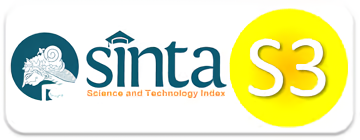Ebbs and Flows of Securities Fraud Litigation: Empirical Examination of Post-PSLRA Frequency & Severity Trends
Downloads
The separation of ownership and management that characterizes modern business corporations frequently gives rise to a conflict of interest known as agency dilemma. A manifestation of information asymmetry between organizational decision-makers – i.e., corporate directors and officers – and organizational owners/investors, that discord can spur formal allegations of incorrect, incomplete, misleading, or untimely management disclosures, ultimately leading to securities fraud litigation or simply shareholder litigation. For companies with distributed ownership spread across thousands of individual and institutional investors, securities lawsuits commonly encompass large pools or ‘classes' of shareholders jointly pursuing their claims seeking financial compensation for management misinformation-caused losses; not surprisingly, those class actions stand out as one of the most economically and reputationally damaging manifestations of organizational risk. The research summarized here offers empirical assessment of the 25 years of securities class action filings and settlements that followed the passage of the seminal legislative act, the Private Securities Litigation Reform Act of 1995, yielding a number of unexpected shareholder litigation incidence and cost related conclusions.
Copyright (c) 2022 Andrew Banasiewicz

This work is licensed under a Creative Commons Attribution-NonCommercial-ShareAlike 4.0 International License.
Copyright notice:
- Authors retain copyright and grant the journal right of first publication with the work simultaneously licensed under a Creative Commons Attribution-NonCommercial-ShareAlike 4.0 International License that allows others to share the work with an acknowledgement of the work's authorship and initial publication in this journal.
- Authors are able to enter into separate, additional contractual arrangements for the non-exclusive distribution of the journal's published version of the work with an acknowledgement of its initial publication in this journal.
- Authors are permitted and encouraged to post their work online (e.g., in institutional repositories or on their website) prior to and during the submission process, as it can lead to productive exchanges, as well as earlier and greater citation of published work (See The Effect of Open Access)
















